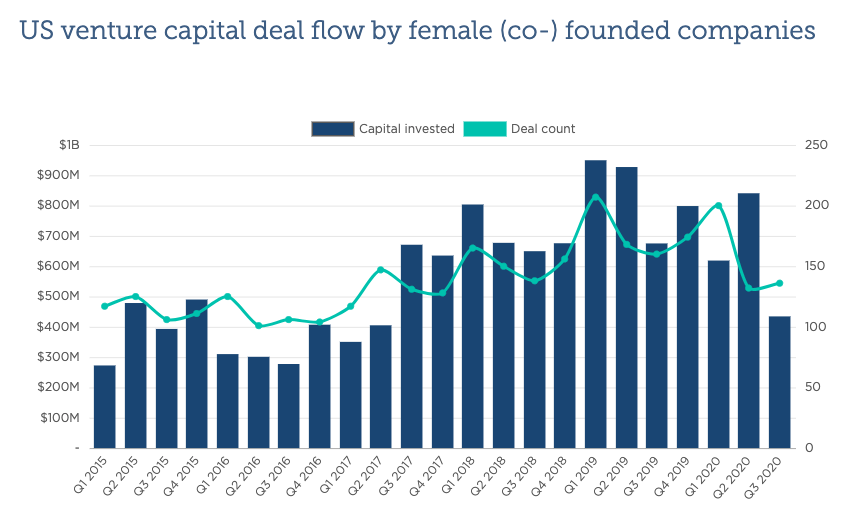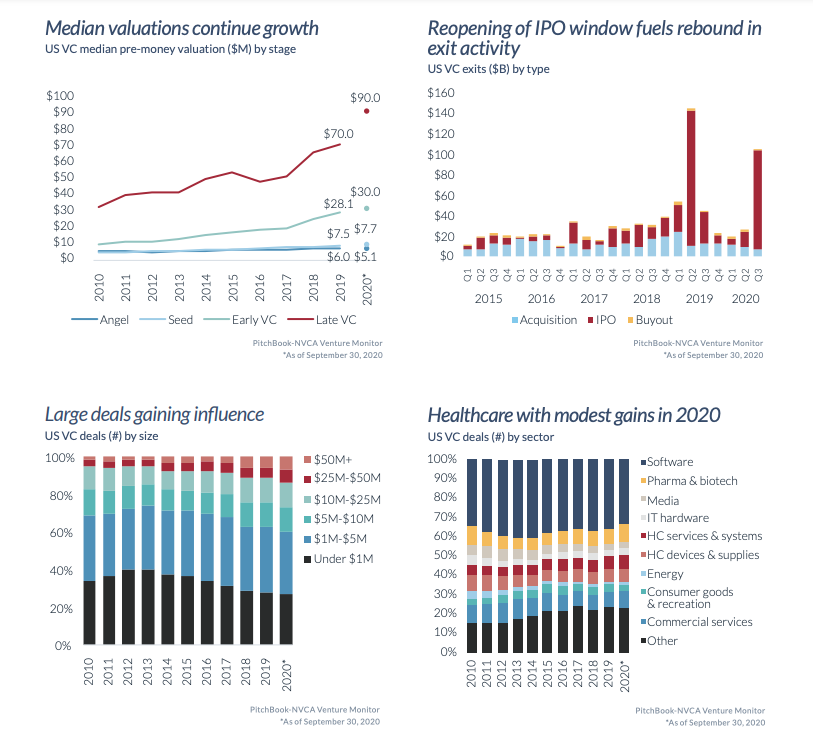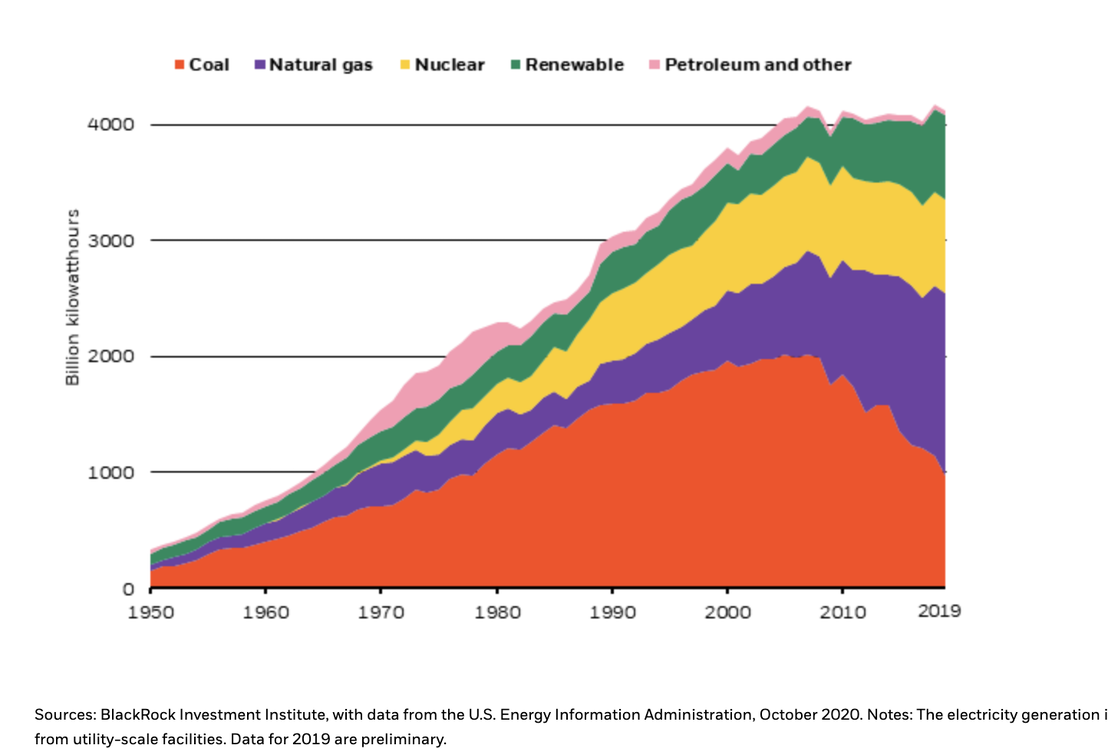Thoughts On Charles Duhigg's New Yorker Piece
I saw this tweet in my feed yesterday and read the New Yorker piece when I woke up this morning:
Here’s what I think. There is more truth to that article than anyone in the venture capital industry wants to admit.
The idea that capital alone can create a strong company is a flawed idea that the VC industry pursued with a lot of passion for most of the last decade. The flameout of WeWork and the tarnished stories around other “fundraising as a strategy” startups will hopefully put an end to that approach of building companies, but I won’t hold my breath until that happens.
It is true that we VCs enable the bad behaviors outlined in that piece and we must look a little more carefully at ourselves in the mirror in the morning and, as the Gotham Gal likes to tell me, “get over ourselves.” I won’t hold my breath until that happens either.
All of that said, the vast majority of VC-backed companies are not WeWork. The vast majority of VC-backed companies are innovative, led by good people, and are creating value the old fashioned way, by supplying their customers with high quality products and services. We should not let a few bad apples spoil the whole bunch.
Cautionary tales like WeWork and the others outlined by Charles Duhigg are healthy. But they are not the entire story, thankfully.



